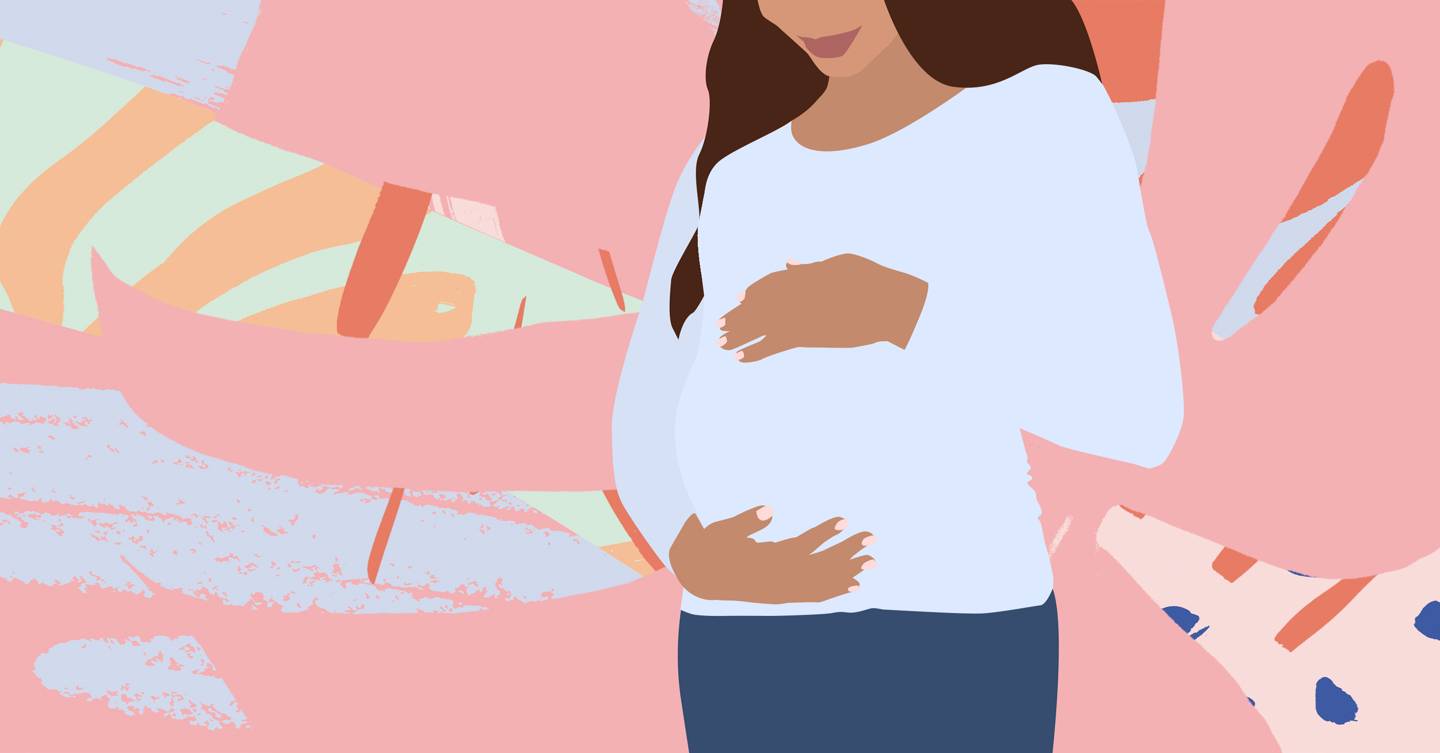“We just felt well-being wise, redundancy was the best choice in your case. Now you can go off and enjoy your maternity leave and your baby!” This was the first conversation Sophie* had with her employers after she had been put on furlough in March as a result of the Coronavirus pandemic.
Sophie, who was seven months pregnant at the time, had worked for the company, a boutique music festival, for just over two years when she received the news. “Obviously the events industry was hit really badly by Covid-19, but because I was on the government-funded furlough scheme, and due to go straight into statutory maternity leave, I thought I was safe from redundancy as I wasn’t costing the company anything.”
According to a survey conducted by the campaign group Pregnant Then Screwed, Sophie is far from alone in her situation. The findings, which were based on answers from 20,000 mothers and pregnant women, showed that 11.2% of pregnant women have been made redundant or expect to be made redundant during the Covid-19 pandemic, and 53.2% of pregnant women believe their pregnancy was a factor in the decision. Further to that, 11.2% of women on maternity leave have been made redundant or expect to be made redundant. 60.7% believe their maternity leave was a factor in the decision.
“I was completely blindsided. No one else in the company was being considered for redundancy – just me – and it was clear that this was a foregone conclusion and nothing I could do or say would change their minds,” she recalls. “They were rushing the process through to get me out the door before I went on maternity leave.” If they had waited until Sophie went on maternity leave, they would have a legal obligation to hold her role for her to return to. “However, it’s also illegal to use pregnancy or maternity status as a consideration when making someone redundant,” she adds.
Unfortunately, despite being an obvious case of pregnancy discrimination, the reality of achieving justice is not as straightforward as it may seem. “It’s a long, difficult process,” she says. “I now have one week to go until my due date, and we’re not much closer to reaching a settlement.”
Sophie has received support from Pregnant Then Screwed, who also connected her with a lawyer. “My old employers have used intimidation tactics throughout this process, and have been dragging it out as much as possible,” she says. “But the more they’re trying to get me to give up and walk away, the more my resolve has strengthened to get some form of justice.”
In a glimmer of hope, calls are being made for increased protection for expectant mothers and existing mothers. Earlier this month, former Women and Equalities Minister Maria Miller brought forward a bill to parliament to stop employers from being able to make a woman redundant from the moment she tells them that she is pregnant until six months after the end of her maternity leave. The bill is being supported by MPs from all parties as well as a host of charities and campaign groups and is due for a second reading on 16th October.
“To make someone redundant because they are a mother is outrageous, and it needs to stop,” said Joeli Brearley, CEO and founder of Pregnant Then Screwed. “We need the government to open its eyes to the gender imbalance that Covid-19 is exacerbating and we need to help pregnant women and mums to be treated on merit, not on how many kids they have. The time to change this is now.”
*names have been changed to protect identities
